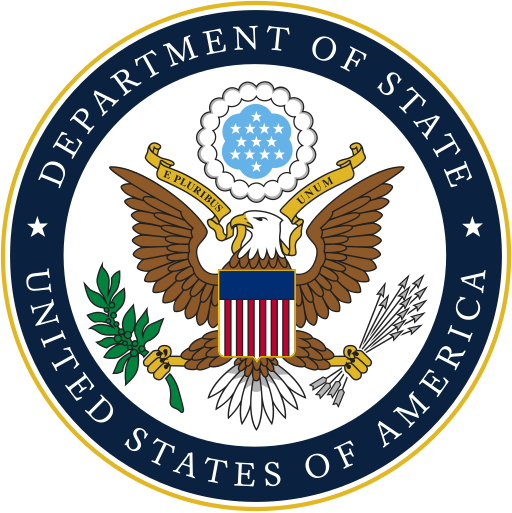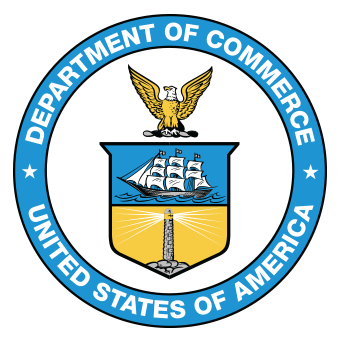What Are Export Controls?
Export control regulations are a complex set of laws designed to control the transfer of information, technology, software, other items, and services considered to be important to the U.S. due to concerns regarding national security, economic competitiveness, or support of international treaties and foreign policy. The government regulates the shipment or transfer of exports outside the U.S., as well as the release of certain information to foreign persons here in the U.S. Export Controls have the potential to significantly impact the activities of university faculty, staff, and students. Non-compliance with export controls can result in severe monetary and criminal penalties against both an individual as well as the university, and can result in the loss of research contracts, governmental funding, and the ability to export items.
Do export controls apply to me?
Yes. Export controls apply to all University faculty, staff, students, consultants, and related parties regardless of nationality or citizenship status.
How do these regulations impact FIU’s research and non-research activities?
FIU strives to maintain openness in research, and therefore much research at FIU is unrestricted, Fundamental Research. However, the University does support some restricted research and many inputs to research – including equipment, materials, biologics, and non-university technical data – are controlled.
Export control regulations also affect many University non-research activities, including but not limited to:
- Foreign travel by students, faculty, and staff
- Teaching/lecturing abroad
- Attendance and/or participation in international conferences
- Hosting foreign national visitors (non-US persons)
- Hiring individuals from a comprehensively sanctioned country
- Providing laboratory access to controlled equipment and technical data to a foreign person
- Licensing controlled technology to an international entity
- Accepting money or other gifts from a restricted party
- Outbound shipments to foreign destinations.
Why Should I Be Concerned About Export Controls?
Failure to comply with export regulations can result in severe monetary penalties, revocation of export privileges, debarment from federal funding, and civil or criminal enforcement against both FIU and/or the individual PI to whom a violation is attributed. Researchers may be personally liable for violating export control laws and regulations. Therefore, it is important to review regulations and ask the export compliance officer for assistance. In addition, use care in identifying research assistants and/or collaborators who are foreign persons. In the event that items, information, or collaborations are determined to be subject to controls, the FIU Office of Legal Affairs will file for appropriate export licenses. Until approval is received, you should not transfer or disclose such information to a foreign person. Once approval is received you should take care in controlling access to export controlled information in your possession.
The penalty for unlawful export and disclosure of export-controlled information under is up to twenty years in prison and monetary penalties per criminal violation $1,000,000 under the ITAR or EAR and $1,111,908 per civil violation under the ITAR or $289,238 per violation under the EAR. The export compliance officer will assist investigators in complying with regulations, but the primary responsibility rests with principal investigators.

Department of State
Violations against the International Traffic in Arms Regulations (ITAR):
Civil Fines
- Fines of $500,000 per violation
- Suspension/debarment from Government contracts
- Loss of export privileges
Criminal Penalties
- Up to $1,000,000 per violation
- Up to 10 years in prison

Department of Treasury
Violations against U.S. sanctions or embargoes administered by the Office of Foreign Assets Control (OFAC):
Civil Fines
- Fines of $500,000 per violation
- Suspension/debarment from Government contracts
- Loss of export privileges
Criminal Penalties
- Up to $1,000,000 per violation
- Up to 10 years in prison

Department of Commerce
Violations against the Export Administration Regulations (EAR):
Civil Fines
- Fnes of $10,000 to $120,000 per violation
- Suspension/debarment from Government contracts
- Loss of export privileges
Criminal Penalties
- $50,000 to $1,000,000 per violation
- Up to 10 years in prison